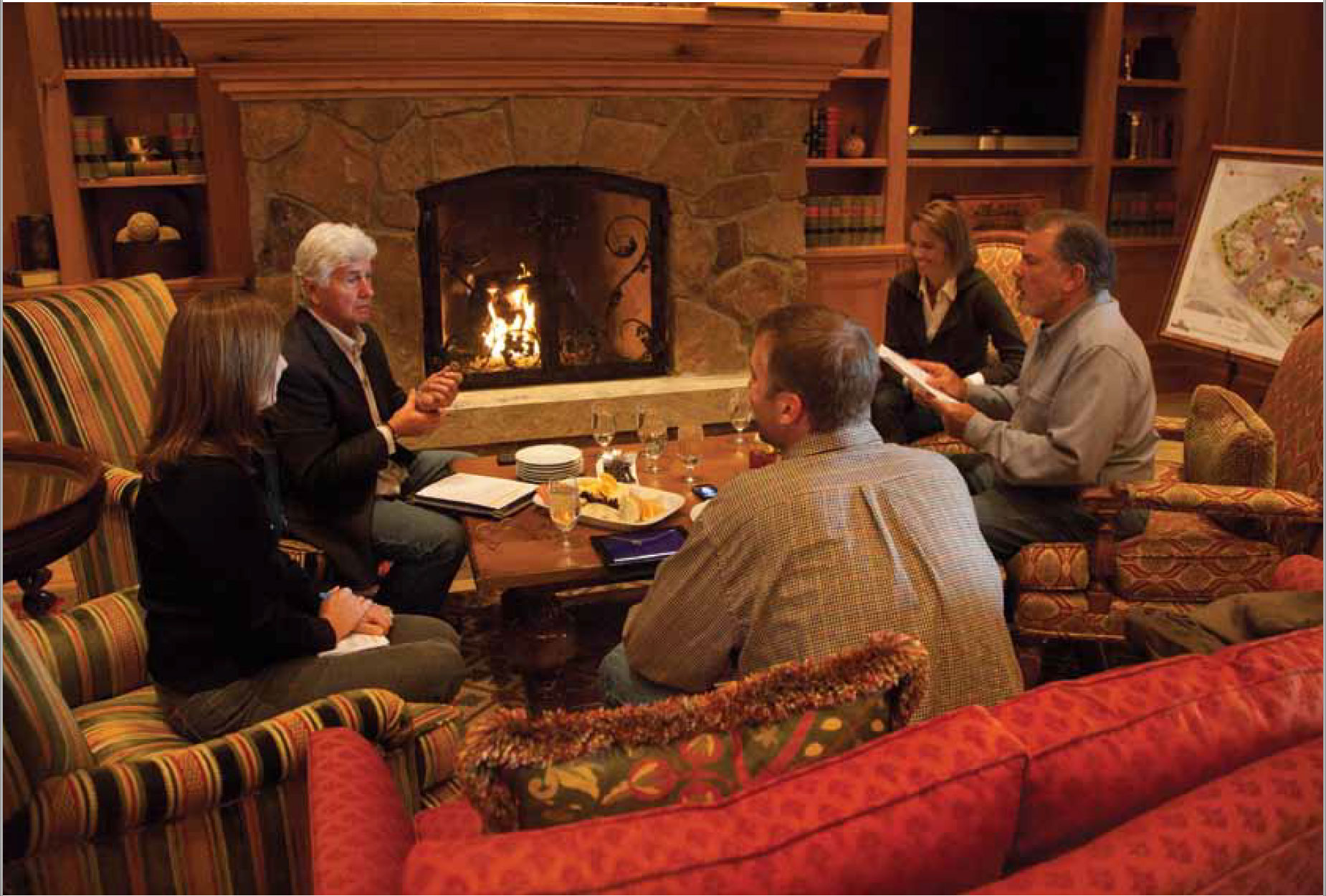Sun Valley realtors Dennis Hanggi of Hanggi & Company, Inc., Katherine Rixon of Sun Valley Brokers, LLC, Cindy Ward of Sun Valley Real Estate and Jim Figge of Sun Valley Associates spent some time discussing the valley’s real estate market from the past several months and discovered some exciting developments for a positive future for real estate sales growth in Sun Valley. As some of the most experienced and knowledgeable realtors in Sun Valley, this particular group of men and women enjoyed looking at the market numbers from a 10-year span, 2003–2012, in increments of six month periods denoting prime time buying periods in Sun Valley—August through September. A decade of real estate numbers include highs and lows especially since the recession began and with the fall out of foreclosures.
The Sun Valley real estate market has experienced a 30 percent increase in dollar volume in the third quarter of 2012. This increase reflects all types of sales including residential, non-residential, market and non-market transactions. The valley’s market is beginning to emerge with new buyers who are discovering value in the Sun Valley lifestyle as well as taking advantage of low interest rates.
How long have you been in the real estate business?
Hanggi: I started in the real estate brokerage business in Sun Valley in 1976 following an investment real estate career in the San Francisco Bay area.
Figge: I moved to Ketchum in 1992 from Boulder, Colo. after receiving my masters degree in Sports Psychology. I studied and tested for my real estate license immediately. I first hung my license with Rip Sewell at Warm Springs Realty.
Ward: I was lucky to transfer here from California in 1980 to work for the Bank of Idaho. I obtained my license in 1989 and made real estate my full-time career.
How was the last six months?
Figge: The last six months have been active for me. Activity has picked up in terms of sales and showings. People who have been looking for quite some time are becoming more convinced that the time is now to purchase. I have also had the somewhat unfortunate luck to represent clients involved in short sales. I’m pleased to put short sales in the rear view mirror as they are incredibly time consuming.
Ward: They’ve been my busiest months for the last 5 years. I do like helping distressed sellers with short sales, which is about a third of my business. I have brought my assistant back on full-time, which really helps.
Who is our buyer today? Legacy or investment?
Rixon: It’s a mix. This year we saw investors picking up distressed properties both for their future upside potential as well as for immediate returns in the rental market. For the first time, these properties are generating a true return. We also saw a large increase in high-end buyers this summer. In September and October, which are our highest selling months, eight properties sold for over $2 million. In the same time period, in 2011, there was only one sale. The high-end buyers are feeling more confident in the Sun Valley market and are really beginning to spend again.
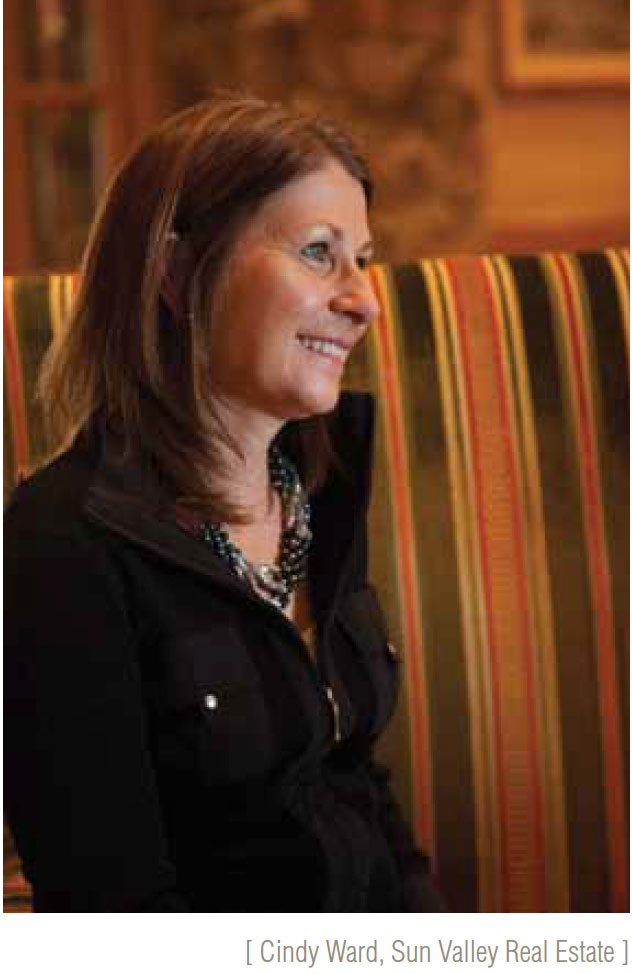
Hanggi: Those looking for investment property and people buying have totally different motifs— value versus legacy. People are buying because it’s in Sun Valley. Some people don’t want to sell their Sun Valley property because they want to pass it down to future generations.
Figge: Buyers today represent legacy buyers and those looking for investment opportunities. The adjustment in values is such that folks who have been visiting for years are finding a market representing compelling value. To affect a purchase and begin bringing their families here throughout the year and to make Sun Valley a part of a family tradition is what they are embracing. Investment opportunities are becoming attractive again.
Rixon: I have clients who, until recently, could never get into the north end of the valley and now they can.
Ward: Don’t forget all the new first time buyers. Because of the lower prices, many locals, who prior to 2006 never dreamed they would be able to own a home in our valley, are now becoming homeowners.
Has the market reached bottom or stabilized?
Rixon: All indications show that we’ve hit bottom and are starting to turn the corner. Nationally, the economy is improving and large markets are starting to see home prices rise. As a resort market, we tend to lag behind the big cities, but the trends do continue here. While we expect there to continue to be distress in the marketplace this winter, I foresee a great summer ahead. Inventory levels are down and demand is up. This is exactly when prices start to turn upward.
Figge: It’s really difficult to time the bottom of a market. We will know we hit it when all prices begin to rise again. Many sellers have their own bottom with regard to the timing and necessity to sell.
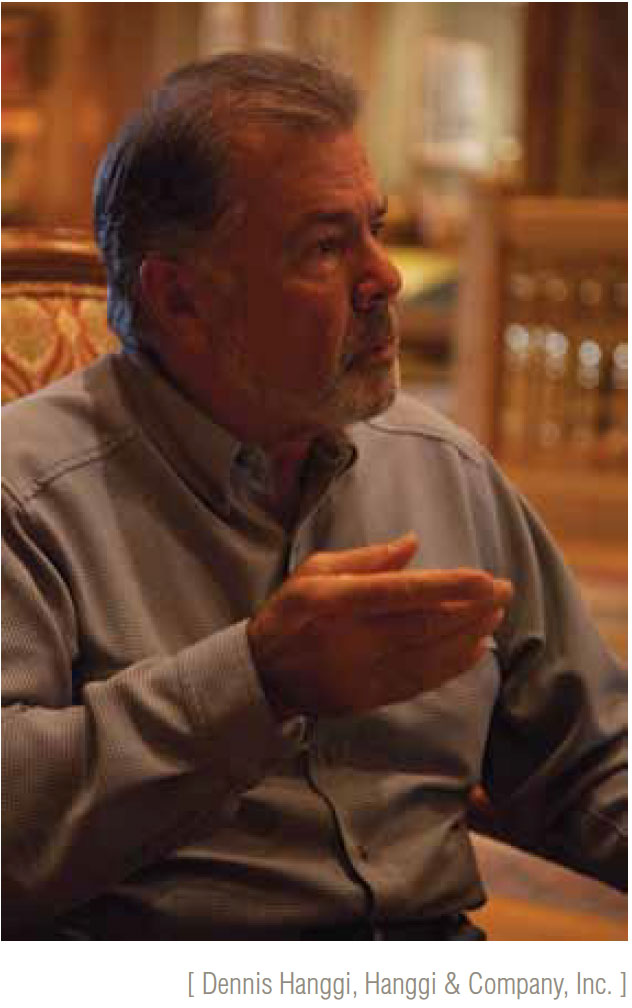
What inventory is moving? High-end? Middle?
Ward: I think all price ranges and property types are moving. I’m seeing multiple offers and even bidding wars in some cases. Several of my listings have sold over the list price. Things are changing. There’s a little bit of a land grab mentality going on and some of the buyers feel that they’re missing out.
Rixon: Inventory is moving at all price ranges when it represents true value. Foreclosures and short sales still tend to be the first to go as they’re generally priced below the market, but anything representing a “value” is being picked up.
Hanggi: We need to be aware of a future “ghost” or “shadow” inventory. These are people who are underwater on their mortgages, and nothing has been done by the banks to initiate the foreclosure process. The banks don’t want to overload the inventory of distressed properties for sale that could have a negative influence on the market. We may have a bit of speculation going on, particularly with investors picking up distressed properties at exceptional values.
Figge: There are examples of properties that have sold over the last year or greater that already would have been perceived as a bottom. We’re seeing significantly more sales in nearly every category of the market and the current inventory is shrinking.
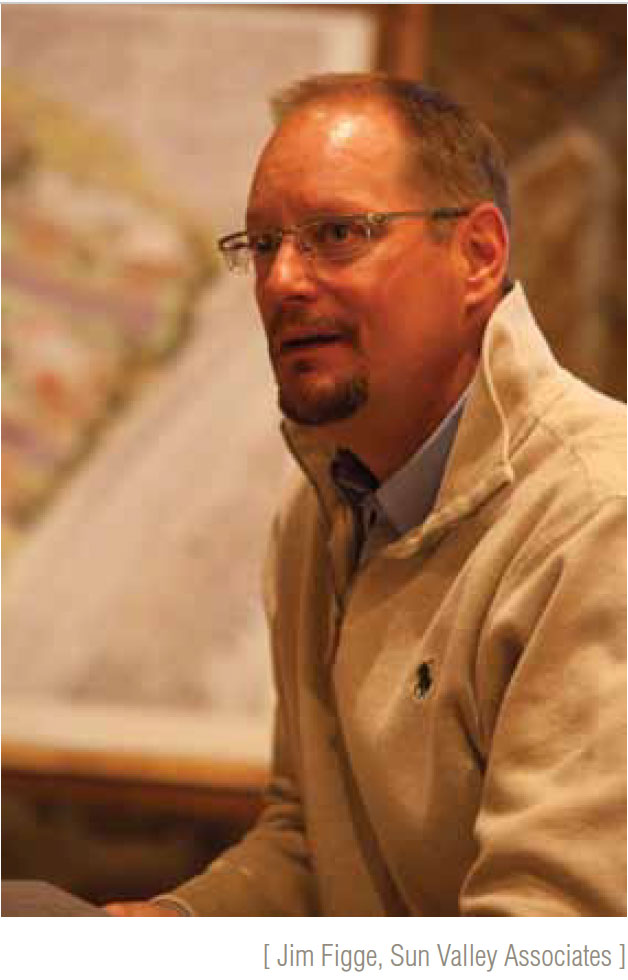
Rixon: My colleague, Rob Cronin, and I have a number of clients who are worried that they’ve missed or are going to miss out on a great buying opportunity if they don’t act now. They are madly searching for the right property to buy before the market changes.
Ward: In the last year, I have seen more investors step up to make purchases especially rental properties. In many cases, they’re stronger buyers financially and are bumping the entry-level buyers. It’s not an emotional decision for them.
Rixon: The rental market has tightened significantly especially in the north valley and monthly rental rates have gone up. For the first time in many years, purchasing a property to put in the rental pool makes sense as an investment opportunity.
Ward: I’ve had clients that have pulled their listings off the market rather than sell too low. It makes sense to keep a property and let it appreciate if you don’t have to sell it.
Hanggi: Some second home property owners were in such financial distress that they were putting their properties on the rental market for the first time.
Ward: I agree with the potential ghost inventory and it’s hard to track it. I have several clients living in homes that have not made payments in two years. Eventually these properties will either become a short sale or will be foreclosed on and become a bank owned listing.
Rixon: Another indication that the market is improving is that Notices of Default are down.
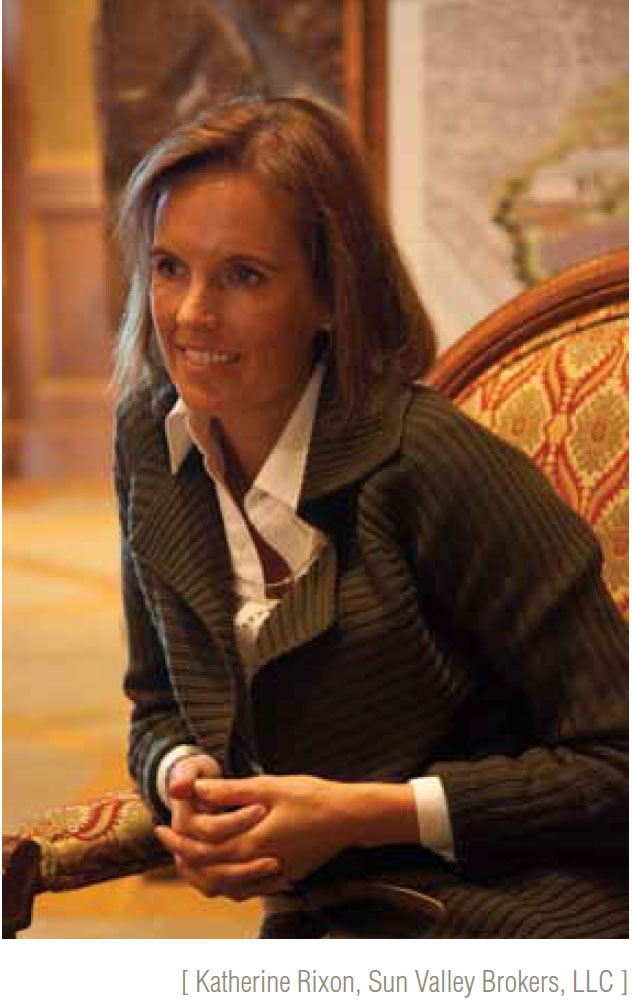
Hanggi: It’s real important. A local title company has reported that the number of new Notice of Default filings has been going down month after month since the beginning of the year. I believe that this is a further indication of a strengthening market in addition to the significant increase in sales volume.
Ward: Sadly, there are still a lot of people in dire straits. I think the economy, in general, has gotten better in our area, but there are still more short sales coming on. Many people have been able to hang on but now they can’t. They wish they had the opportunity to negotiate their debt down to the price their house would sell as a short sale but unfortunately the lenders, the federal government and the IRS have not allowed this to happen.
Rixon: While it’s still hard to travel to and from the valley, it’s become easier to work remotely. It’s at least opened a window for those who work for companies outside the area who want to reside here. I recently had a client who, for investment purposes, bought a property sight unseen. He didn’t expect to ever live here full time but after visiting this summer he purchased a second property. Now, he and his wife have enrolled their children in school in the valley and are looking for a full-time home. Being able to work remotely has enabled him to do this.
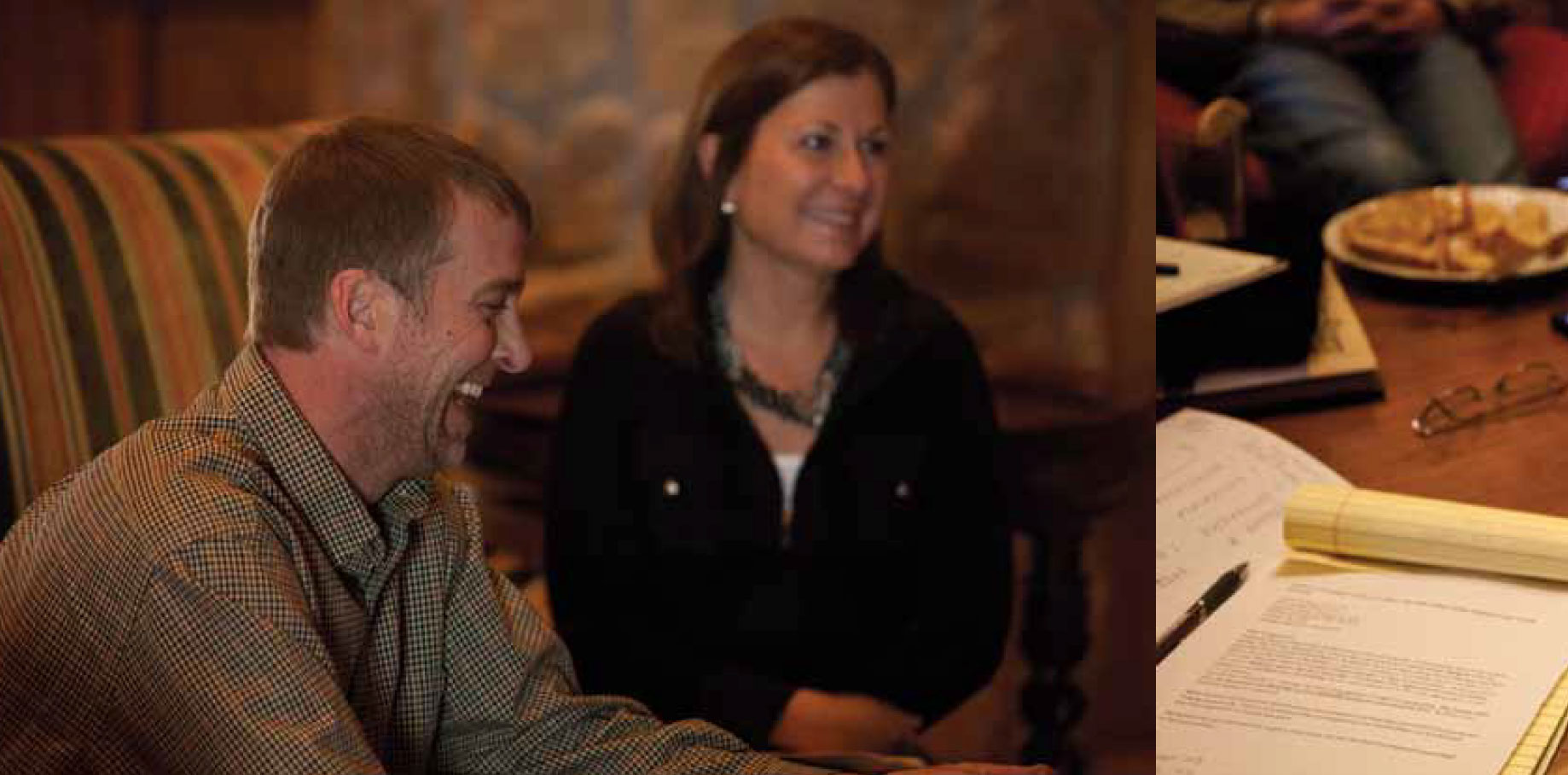
Land sales versus existing homes. What’s going on there?
Ward: Home prices are coming down and you can still get a better buy. We’re starting to see new speculation on construction. Vacant land market is the one anomaly to this. Better buy with an existing house. However, we’re seeing some new construction.
Rixon: There’s new construction slated for spring for homes under $150,000 to go in Carey. It’s all about time and the demand.
Ward: We will start to see land prices go up and when it happens it will happen fast and the existing inventory will sell quickly. Valley wide, there are very few new subdivisions being planned at this time.
Rixon: We’re still living in a tight value.
Ward: And there’s no competition and there’s not a lot of land.
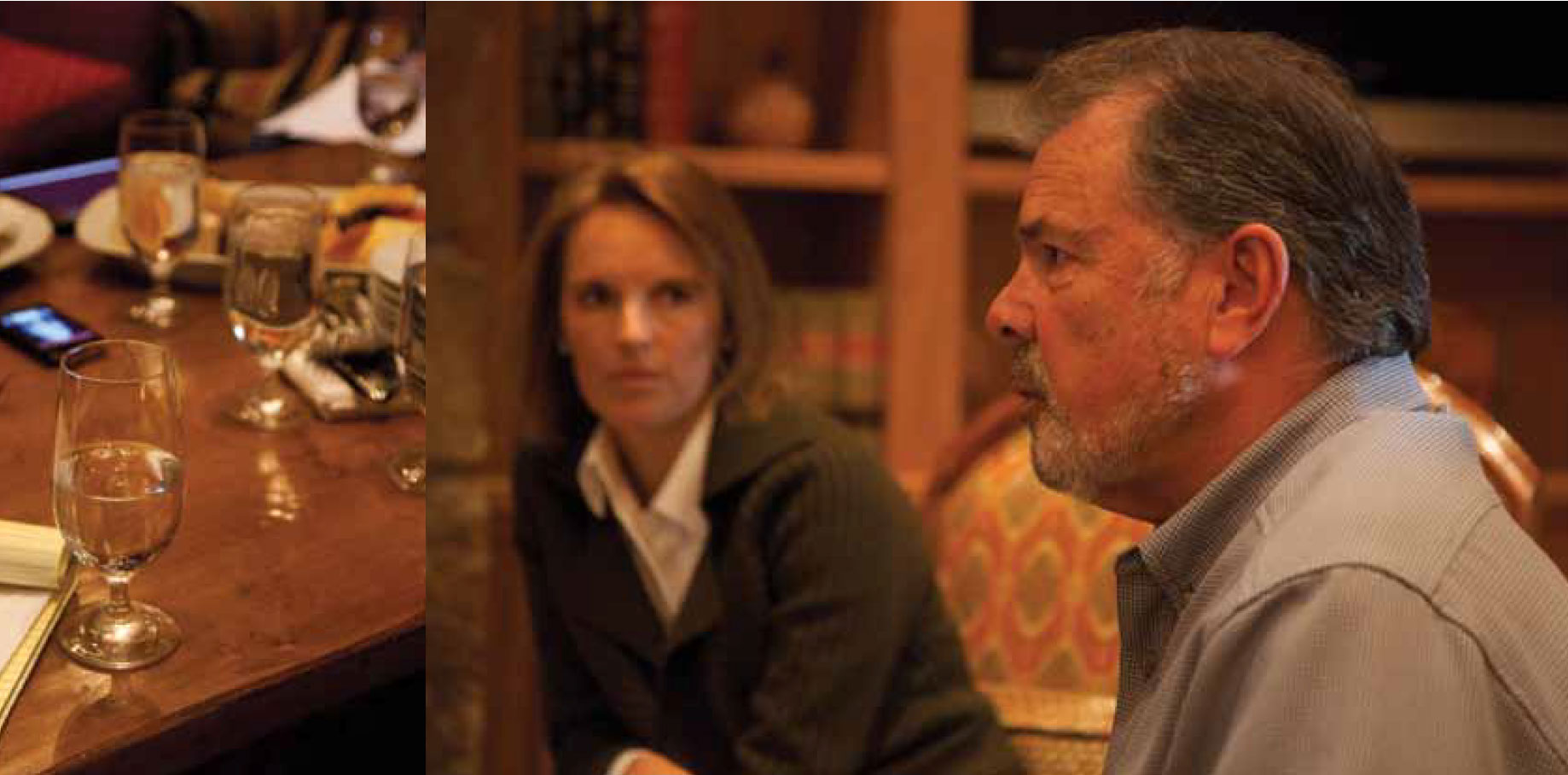
Figge: Land sales have been significantly depressed through the downturn. As the existing stock of homes swelled and priced tumbled, it made more sense for people to buy an existing structure for much less that replacement costs. As our inventory is contracting, we’re seeing more activity in land sales. Much of our home stock is older and the option of tearing down an existing structure in a great location or buying bare land provide people with the opportunity to get exactly what they want.
Rixon: We’re seeing the value comment in all price ranges. For example, I was showing high-end buyers a $4 million house this summer and their comment to me was that they saw tremendous value in what $4 million could buy them in Idaho as compared to California where they would have to spend $10-11 million to find the same quality and level of finishes. Even at the higher price range, they were seeing the value in our market.
How much does lifestyle play into the buying decision?
Figge: As mentioned earlier, lifestyle and vacation are a large part of why people move to Sun Valley. The wide range of year-round activities is a big draw. Over 400-miles of trails and a commitment to making more are compelling to those who Nordic ski, bike, hike and ride horses. The Sawtooth National Recreation Area and the Sawtooth Valley, clean water, clean air and great fishing are big draws. In addition, the sense of community and community involvement is a big part of the draw too.
Rixon: It’s easier to work here remote than ever before. I had a client who bought a property sight unseen. He came and stayed and decided to buy another property. Now, he has looking for a home. They have enrolled their kids in school here. They had no plans to stay here.
What is the status of commercial real estate?
Figge: The commercial market was hit hard in the downturn. Tracking sales is a challenge in this market as they are few and often not disclosed. To see spaces that gave been empty begin to fill again is refreshing and encouraging. To provide a vibrant commercial core and to provide job opportunity is largely dependent on air service.
Rixon: I do not believe commercial real estate has begun to turn around. What few sales we’ve seen have been to buyers with long-term time horizons. Most are owner-users and many are legacy buyers. I believe our valley is going to continue to struggle until we find some larger businesses willing to invest in the community to create significant job growth. For this to happen we’re going to need city, county and state administrators to work together with community leaders to attract more businesses to the valley. We need more employers such as Smith, Marketron and Power Engineers.
Hanggi: For the last 37 years of practicing real estate here, it’s always been this way.
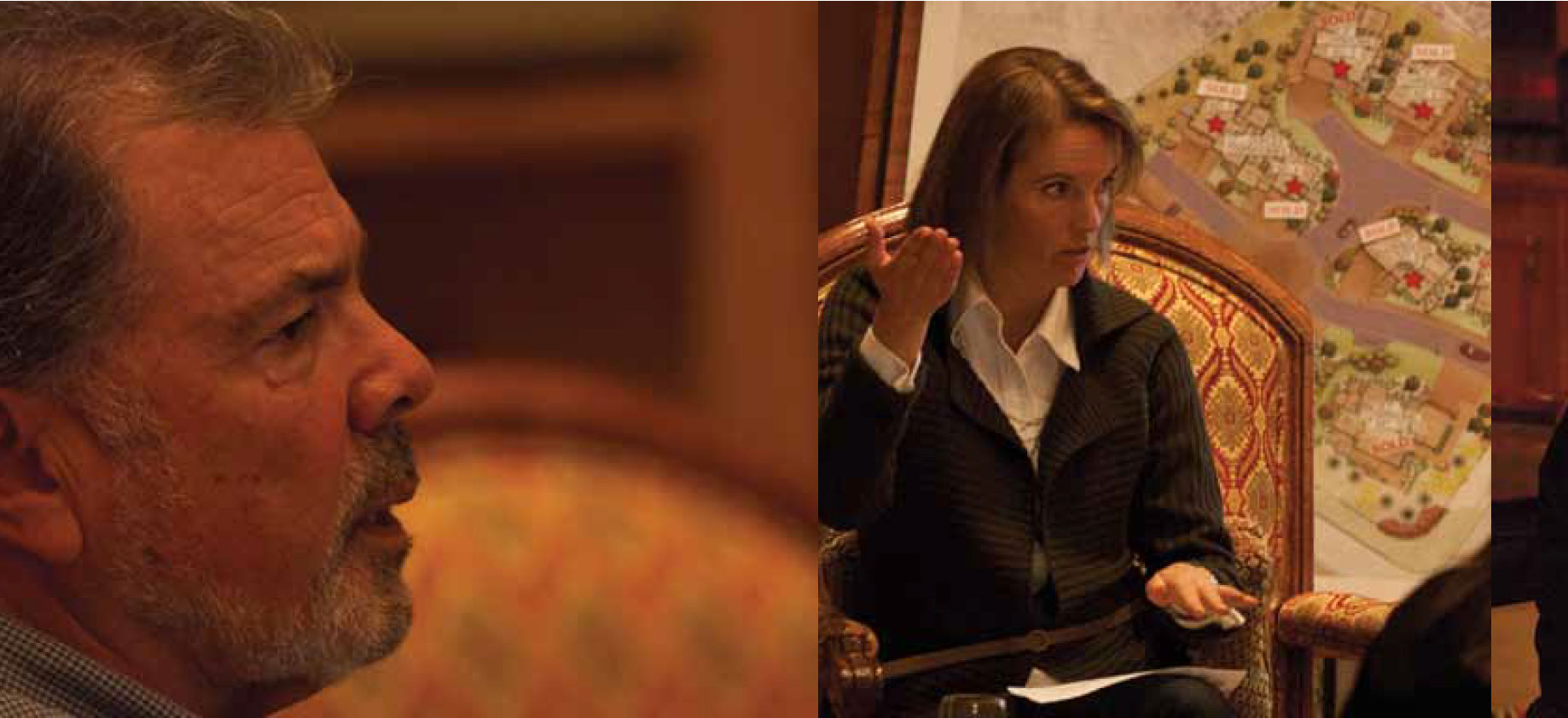
Where do you see us going in the next six months?
Figge: I see the upward trend of activity continuing in the next six months. Generally, winter is not as strong for sales but the spring activity of last year, I think, will be repeated again in the coming season.
Ward: I do too, there is a feeling of optimism and we will continue to see confidence from buyers. Things have stabilized. I do a lot of deals involving short sales and I see how people keep on going. It’s stressful but life goes on and people should not be ashamed of doing a short sale. I have some clients who have already “seasoned” their short sales and have been able to purchase new properties.
Rixon: At the moment, it’s still more expensive to buy and build than it is to buy an existing home. Until that shifts or the inventory levels drop further, we won’t see a rush on land purchases.
Hanggi: There is definitely some upward market momentum as evidenced by recent sales activity.
Rixon: Developers have recently started to build again but mostly in the south valley. We’ve seen several new homes under construction in the Woodside area that have sold while they were still under construction. This shows that there’s a demand for new product at the lower price points. However, building costs are still high so developers are taking things slowly. Corey Barton Homes, a large Boise developer, has purchased a subdivision in Carey and will begin construction there this spring. Their goal is to produce affordable homes under $150,000. In the north end of the valley, we’ve seen a few land sales where we expect developments to begin within the next few years. Developers know that timing the market is crucial to their success.
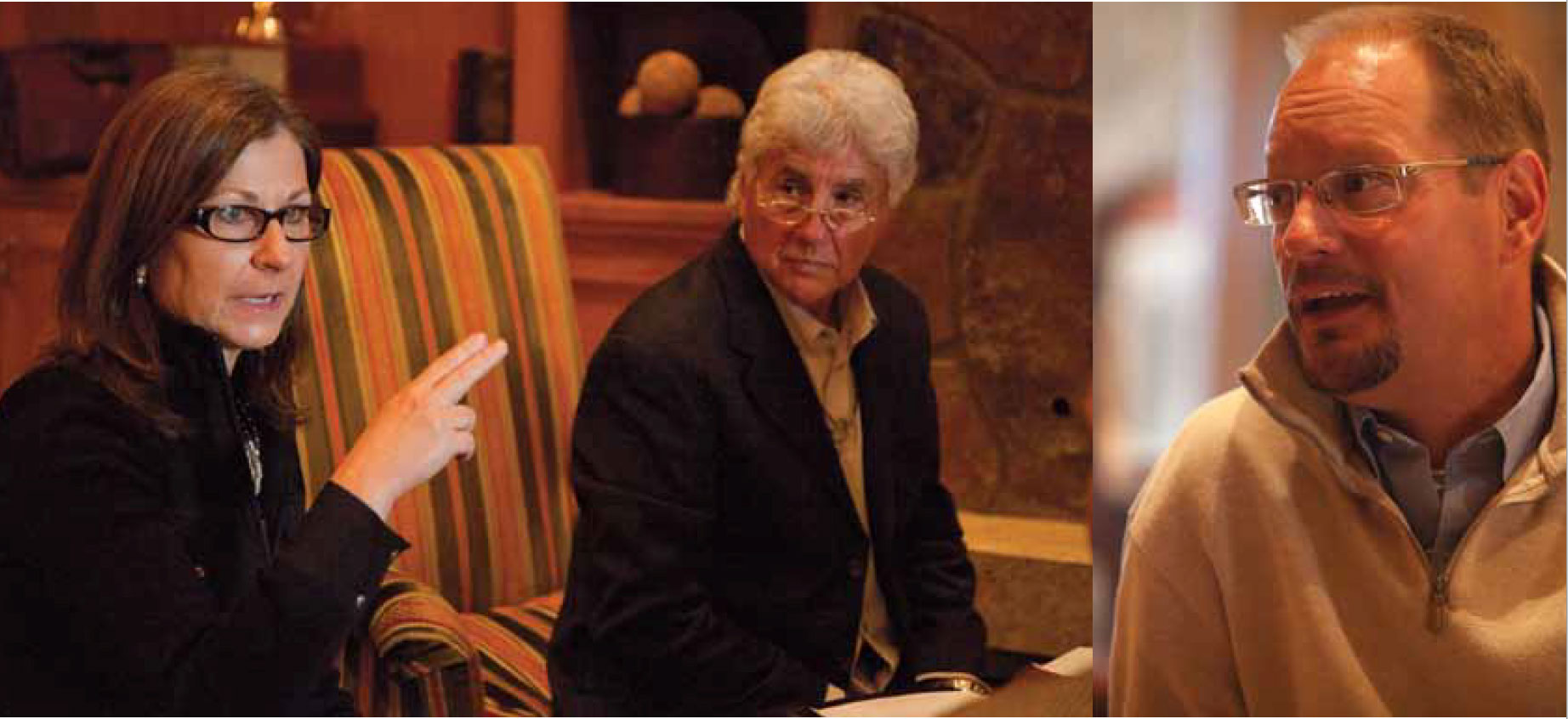
What makes Sun Valley special?
Rixon: Beyond the beauty of the outdoors, we’re truly blessed to have high-quality organizations that bring incredible culture and education to our valley. From the Sun Valley Summer Symphony, the mountain bike festival, the Sun Valley Center for the Arts lecture series to the Company of Fools performances, there’s something here for everyone. This year we had a wonderfully vibrant, bustling summer with many new businesses opening their doors. In addition, the Holdings have continued to improve the Sun Valley Resort every year. The bottom line is that this is one of the best places to live and raise a family. The cultural vitality along with the recreational activities and the great community atmosphere will continue to draw people to the valley. This also makes it a great reason to invest.
Hanggi: It’s not just what we have to offer in a way of entertainment and recreational activities, it’s the sense of community and the friendliness of the local people that continue to attract people to this amazing area.
Figge: Having the privilege of representing the Sun Valley Board of Realtors to the Western Mountain Resort Alliance [WMRA] has taken me to nearly every western resort over the past several years. The WMRA is a band of resort realtors who gather a couple times of year to share real estate and community related information. Sun Valley is distinct for its history in not developing its hillsides, being a true destination resort, the surrounding open space and the sense of community, which runs up and down the valley. Another big distinction in Sun Valley is the owners of the resort. The Holding family has been unbelievable stewards in preserving and improving Sun Valley.
Ward: We’ve such a caring community. Businesses get hit up a lot and almost always support. There’s also very little crime.
Hanggi: I have had many clients who have been resort shopping for a primary or second home and after touring the major resorts in the West, they have made the decisions to live and purchase property here for all of the reasons we have discussed.
Ward: We’re really unique with our hillside ordinance. Compared to other resorts, we built on the valley floor and left our hills open. We also actively promote open space and conservation easements. Other resorts have growth everywhere.
Rixon: We’re definitely headed in a positive direction. As I mentioned, I think we will see some bumps this winter but overall the outlook is good. The bottom line is that Sun Valley is a wonderful place to live. Ultimately, this is what will continue to drive people to want to live and invest their money here.
Ward: We have a very abundant celebrity population and I believe our year-round population really tries to respect their privacy.
Hanggi: Regardless of their status in life, Sun Valley visitors and residents don’t seem to have a need to impress anyone. And, no ski lines!
